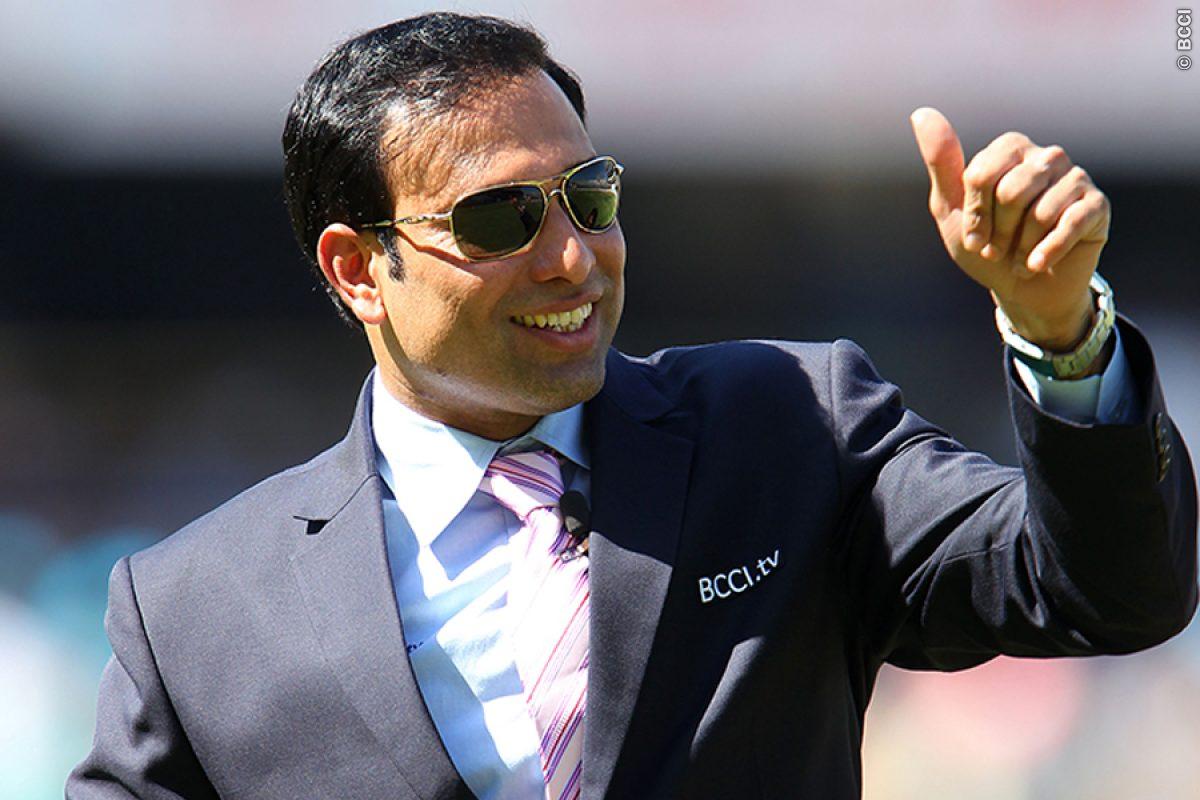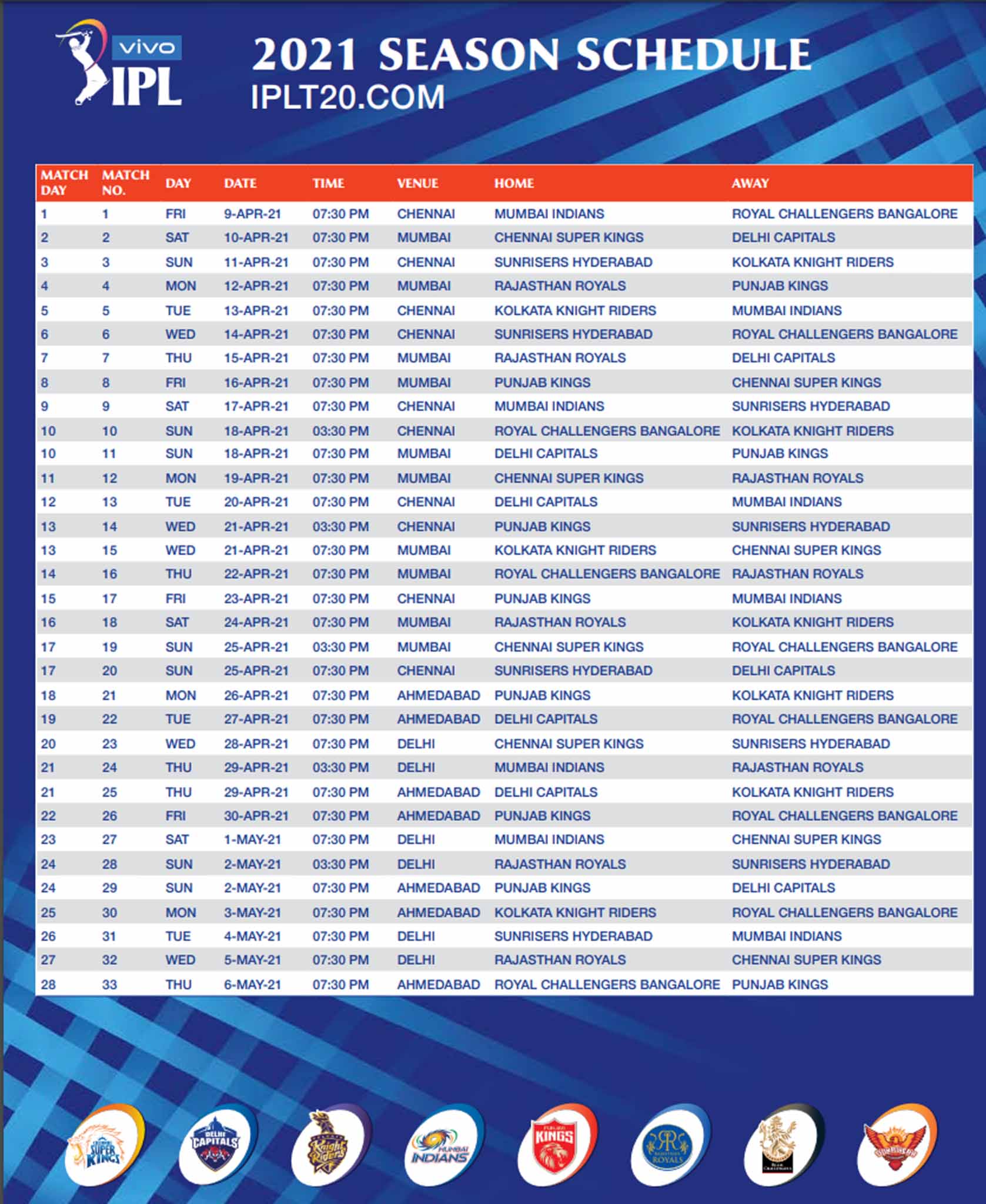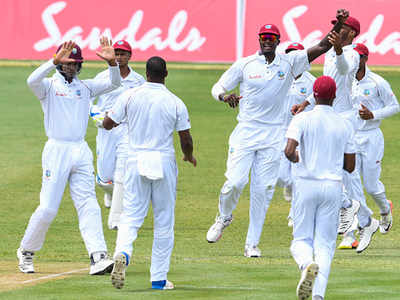When Laxman batted – a sea of calm in his eyes, determination writ large on his face – beauty found a new meaning. Sometimes, his bat became a piano key, producing a tune, guided by his supple wrists; other times, it was a brush, and the ball, like a drop of paint, was stroked away to the desired direction. Every innings was either a lovely painting or a melodious song.
But Laxman, the man who made a career out of single-handedly snatching Test victories from the jaws of defeat, refutes any claim to creating art. For him, batting was a means to win cricket matches for India. And he says that he was lucky to be able to make it look pretty.

Laxman’s retirement has robbed the Indian team of its ultimate knight in shining armour. It has also left a gigantic – and probably permanent – void in the hearts of those who can see and relish the romance in Test cricket.
As Laxman reflected on his Test career in an exclusive interview with bcci.tv, the quintessential gentleman and the stern competitor in him took turns to amaze us with his words as he did for 16 years, with his bat.
Q: Can you remember the moment you fell in love with the game?
VVS Laxman: Like any kid in India I too played the game in school and neighbourhood. On every Sunday, my brother and I went to our grandparents’ place and played cricket with my maternal uncle, Baba Krishnamohan. It was he who spotted the talent in me and enrolled me into St. John’s Cricket Academy when I was 10. With the guidance from the coaches there, I grew as a cricketer, came up the ranks and played at various age group levels for the state.
Q: How tough was the decision to choose cricket over medicine?
Laxman: I always wanted to be a doctor like my parents because they were my role models. I had almost got a medical seat. That was probably the toughest period for me when I had to choose between cricket and medicine. Luckily for me, my parents gave me complete freedom to make my own decision. So, it was at the age of 17 that I started to pursue my dream of representing my country in cricket.
Q: Did you have a hero while growing up?
Laxman: I had many heroes. At that time India’s two biggest match-winners were Sunil Gavaskar and Kapil Dev and I idolised them. When I was 16-17, I first met Mohammad Azharuddin. He was from Hyderabad and the captain of the Indian Cricket Team. I drew lot of inspiration watching him play from close quarters. As a kid I watched a lot of cricket on the television and looked up to players like Sir Vivian Richards, David Gower and Greg Chappell. I really enjoyed watching them play.
Q: What is it about Hyderabad that produces batsmen with such magical wrists?
Laxman: I think it’s a bit of a coincidence that people like Azharuddin, ML Jaisimha and myself hail from Hyderabad. Still, if I were to think of any reason, it would be because we played a lot on matting wickets. While batting on these wickets, you have to use your wrists more than your elbow to negotiate the bounce of the ball when pitched on good length. That’s probably a reason why we’re wirstier than batsmen from other parts of the country.
Q: Besides being strong on your wrists, what do you think was your biggest strength as a batsman?
Laxman: I used to love playing under tough situations when the team was under pressure. Adversities brought out the best in me. I guess it came from having to be the main batsman for Hyderabad since a young age. I was used to taking up more responsibility when the team was struggling. More than the technique and the skill set, I think the ability to come good in pressure situations was my biggest strength as a batsman.
Q: You’ve played with the likes of Tendulkar, Dravid, Kumble and Ganguly. What role has each of them played in your career?
Laxman: All of them have inspired me and I was really privileged to share the dressing room with such top sportsmen who took a lot of pride in their performances. All of us had one common goal, which was constant progress of Indian cricket. Another thing that brought all these men together was that they were all leaders. All of them have led the country at various stages and I’ve played under them. Whether or not they were captaining the team, they always led from the front and thought as leaders. Simply by their actions, they inspired everyone who watched them.
Q: Could you pick one quality of each of them as cricketers that you admire the most?
Laxman: Tendulkar’s balance is brilliant. He has the most balanced stance that I’ve seen. Rahul stood out for the professionalism and his temperament. Kumble’s never-say-die attitude and the fighting spirit. Sourav, for the grace and the courage to take the fight to the opposition, to protect his and his team’s pride.
Q: Those who watch you bat say you’re more an artist than a batsman. Your views?
Laxman: No. I’ve always considered myself as a batsman who has to get runs for the country. Every individual has a different style. But your role is to get results for the team. My role was to get the runs and take the catches that came my way. It doesn’t matter what kind of shots you play to get those runs and whether it is pleasing to the eye. All that is the by-product of what you’re trying to achieve for the team. I thank the Almighty for the talent to please the eyes of those who watch me bat. But my only aim when I went out to bat was to get runs for the team.
Q: What goes on in your mind when you see someone like Virender Sehwag bat in a manner that’s completely contrasting to yours?
Laxman: It’s just unreal. Sehwag is one batsman I really love watching bat. Some of the shots that he plays are unbelievable. People mostly talk about Sehwag’s skills and the ability to hit the ball. But for me what stands out is his temperament. Irrespective of whether he’s in form or not, he sticks to his game plan and believes in himself. Sometimes, I wondered why can’t we all play like he does?
Q: Would you have liked to bat a little higher up the order for most part of your career?
Laxman: Everyone has a certain role to play. I’ve always been taught by my parents to honestly perform whatever role has been assigned to you to the best of your ability. I started off as a middle-order batsman, opened the innings for four years and then came back in the middle-order. To play for my country in itself was the most satisfying feeling for me. I cannot say that I would’ve contributed more at No.3.
Q: How difficult was it to adapt at different batting positions?
Laxman: It was a big challenge. Batting at No.5 and 6 was very new to me and something I had to adapt to, especially in terms of batting with the tail. I started to bat at that position from 2000-01 and it was difficult in the beginning. Initially, when batting with the tail, I tended to throw my wicket away, trying to play big shots. But with time, I learned that it was important to have partnerships with the lower-order batsmen. The key to that was to communicate well with them and form strategies. I also realised that to get the best out of the tailenders it was important to give them confidence. This understanding helped me achieve a lot of success. Also, I was very lucky to play with bowlers who took a lot of pride in their batting and worked hard on their batting. I’ve had some memorable partnerships with some of the bowlers.
Q: When people talk about the times you have won matches from tough situations, they also talk about your relatively low batting averages in favourable conditions against weaker opponents.
Laxman: Adversity brought out the best in me. But that is not to say that I didn’t try my best playing against a weaker opposition or in more comfortable situations. I’m pleased that I was able to get runs for the team against some tough opponents and on difficult wickets. But I always gave my best and strived to score each time I went out to bat. Somehow, my second innings record is better than first innings.
Q: Was batting against the Australian bowlers as easy as you made it look?
Laxman: It was never easy, but I always enjoyed playing against them because they were one team who challenged you the most as a batsman. The other teams went defensive at times, but the Australians always bowled at you to get you out. I liked it when the bowlers were aggressive towards me and came out all attacking. I’m very happy with the record I have against them, especially given that for most part of my career they were the No.1 team in the world. Not only me but our whole team loved the challenge that Australia posed. And we were the only team to stand up to their might time and again when they ruled world cricket.
Q: Were you really unperturbed by all their verbal attack or you put up a brave face?
Laxman: Honestly, they never sledged me too much. In international cricket the opposition are smart enough to know which batsmen will be affected by sledging and which won’t. They realised it soon enough that their ploy of distracting me wasn’t going to work. A lot of people would be surprised to hear this, but for most part of my career, I’ve not been sledged by the Australians.
Throughout your career you’ve been known for your calmness even in the most desperate times. But during the 2010 Mohali Test against Australia, we got to see a side of you we never thought even existed. Please talk about that incident involving Pragyan Ojha.
I generally manage to control my emotions, except for that one moment. I myself don’t know how that came out. The situation was tense and we’d come so close to victory. All I had on my mind was that I had to take the strike. I wanted to face Mitchell Johnson and not expose Ojha to him. We were some 10 runs away from an exciting win and I didn’t want to miss that opportunity. That’s why the emotions got the better of me. But I Immediately went up to Ojha and told him the outburst was purely because I wanted the strike.
Q: Do you understand how shocked all those who saw that side of you were?
Laxman: (Laughs) Yes, everyone was shocked, including my teammates. Whoever met me after that match, talked about that incident rather than the way I batted and won the Test. It was very uncommon for people to see me losing my cool. But in the end, it all worked out well; Ojha played an important role and held his nerve. It was a memorable match we will always cherish.
Q: In all these years that you’ve been around, no one has ever had a bad thing to say about you. How is it possible for someone to be so nice?
Laxman: I don’t know. It is the way I’ve always been. Probably the upbringing I’ve had has helped me a lot. Because cricket is such a fascinating game in our country it’s important to be as natural and real as possible. With all the adulation that comes your way, you sometimes tend to forget the reality and lose perspective. My upbringing enabled me to be very stable and balanced. I never got excited with the way the game treated me. Respecting my colleagues and opposition and playing the game with dignity was paramount to me. That’s not to say that I wasn’t aggressive or mentally tough. I always went out in the middle to win matches but it was also important for me to play by the rules.
Q: How would you liked to be remembered as a cricketer?
Laxman: As someone who always played for the team. When I look back at the 16 years of my career, I feel satisfied that I could win matches for my country from really tough situations. And I want people to remember be as the guy who always gave his all for his country.






